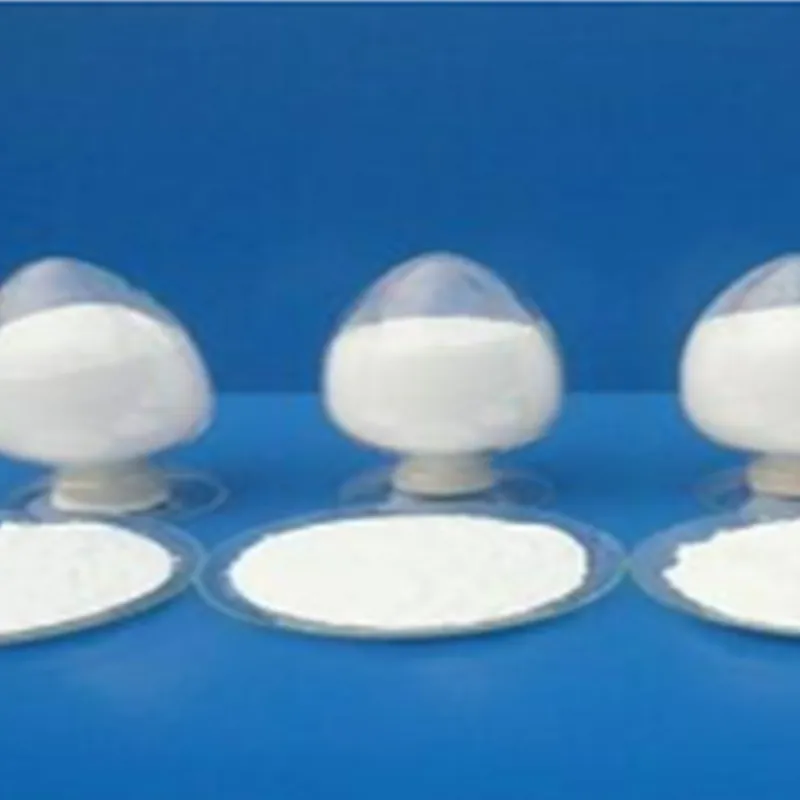
e405 food additive
E405 Food Additive Understanding Its Role in Our Diet
Food additives play a crucial role in the preservation and enhancement of food products. Among the myriad of food additives used across the globe, E405, also known as Propylene Glycol Alginate (PGA), stands out for its functional properties and widespread applications in the food industry. This article delves into the characteristics, uses, safety aspects, and the public perception of E405, providing a comprehensive overview of this intriguing food additive.
What is E405?
E405 is a food additive derived from alginic acid, which is extracted from brown seaweed. It is categorized as a thickening agent and emulsifier, which means it helps to stabilize food mixtures and improve the texture and mouthfeel of various products. The chemical structure of E405 allows it to bind water effectively, making it a valuable ingredient in the formulation of sauces, dressings, and other liquid products.
Functional Properties
The primary function of E405 in food products is its ability to create a stable, homogenous mixture. It prevents the separation of ingredients, ensuring that the product maintains its intended texture over time. For instance, E405 is commonly used in salad dressings to keep oil and vinegar perfectly blended. Moreover, it enhances the viscosity of food items, which can contribute to mouthfeel and overall sensory experience while consuming food.
E405 is also known for its role as a foaming agent in certain products. It can trap air in mixtures, providing a light and airy texture that is desirable in products like whipped toppings. Additionally, its presence can improve the overall shelf life of products by stabilizing emulsions, thus reducing the risk of spoilage.
Applications in Food Products
E405 is widely utilized across various food categories. It is commonly found in sauces, gravies, soups, ice creams, and bakery products. In ice creams, E405 contributes to a creamier texture, preventing the formation of ice crystals that can lead to a grainy mouthfeel. In sauces, its emulsifying properties help maintain a consistent texture, enhancing the overall eating experience.
e405 food additive

Another notable application of E405 is in the production of meat products, where it is used to retain moisture and enhance texture. This function is particularly advantageous in processed meats, where maintaining moisture levels is crucial for flavor and palatability.
Safety and Regulatory Status
E405 is generally recognized as safe (GRAS) when used in accordance with established regulations. Various health authorities, including the European Food Safety Authority (EFSA) and the U.S. Food and Drug Administration (FDA), have evaluated E405 and determined that its use in food products is safe for consumption. However, as with any additive, it is essential for consumers to be mindful of their total intake, especially for those with specific dietary concerns or allergies.
Public Perception and Concerns
While E405 is deemed safe by regulatory bodies, public perception of food additives has become increasingly cautious. Many consumers are opting for more natural and organic products, leading to a growing trend of scrutinizing food labels. The movement towards transparency in food sourcing and production has led to a call for food manufacturers to disclose all ingredients, including additives like E405.
Critics argue that the presence of synthetic additives in food can have adverse health effects, leading to concerns about long-term consumption. As a result, the industry has seen a rise in the demand for cleaner labels, pushing food manufacturers to rethink their formulations and explore natural alternatives when possible.
Conclusion
E405, or Propylene Glycol Alginate, is a versatile and widely used food additive that plays an essential role in enhancing the texture and stability of various food products. While regulatory agencies endorse its safety for consumption, growing public demand for transparency and natural ingredients highlights the need for a balanced approach to food formulation. As consumers become more informed and engaged in their food choices, the future of food additives like E405 may evolve in response to changing perceptions and preferences. Ultimately, understanding food additives helps consumers make informed decisions about their diet and health.
-
Understanding Synthetic Rubber OptionsNewsApr.27,2025
-
Trichloroisocyanuric Acid: Essential for Clean and Safe WaterNewsApr.27,2025
-
Sodium Dichloroisocyanurate: Key to Safe Water TreatmentNewsApr.27,2025
-
Sodium Acid Pyrophosphate: Essential in Modern Food ProcessingNewsApr.27,2025
-
Essential Water Treatment ChemicalsNewsApr.27,2025
-
Denatured Alcohol and Its Industrial UsesNewsApr.27,2025
-
The Versatile Uses of Sodium BicarbonateNewsApr.24,2025
Hebei Tenger Chemical Technology Co., Ltd. focuses on the chemical industry and is committed to the export service of chemical raw materials.
-

view more DiethanolisopropanolamineIn the ever-growing field of chemical solutions, diethanolisopropanolamine (DEIPA) stands out as a versatile and important compound. Due to its unique chemical structure and properties, DEIPA is of interest to various industries including construction, personal care, and agriculture. -

view more TriisopropanolamineTriisopropanolamine (TIPA) alkanol amine substance, is a kind of alcohol amine compound with amino and alcohol hydroxyl, and because of its molecules contains both amino and hydroxyl. -

view more Tetramethyl Thiuram DisulfideTetramethyl thiuram disulfide, also known as TMTD, is a white to light-yellow powder with a distinct sulfur-like odor. It is soluble in organic solvents such as benzene, acetone, and ethyl acetate, making it highly versatile for use in different formulations. TMTD is known for its excellent vulcanization acceleration properties, which makes it a key ingredient in the production of rubber products. Additionally, it acts as an effective fungicide and bactericide, making it valuable in agricultural applications. Its high purity and stability ensure consistent performance, making it a preferred choice for manufacturers across various industries.











